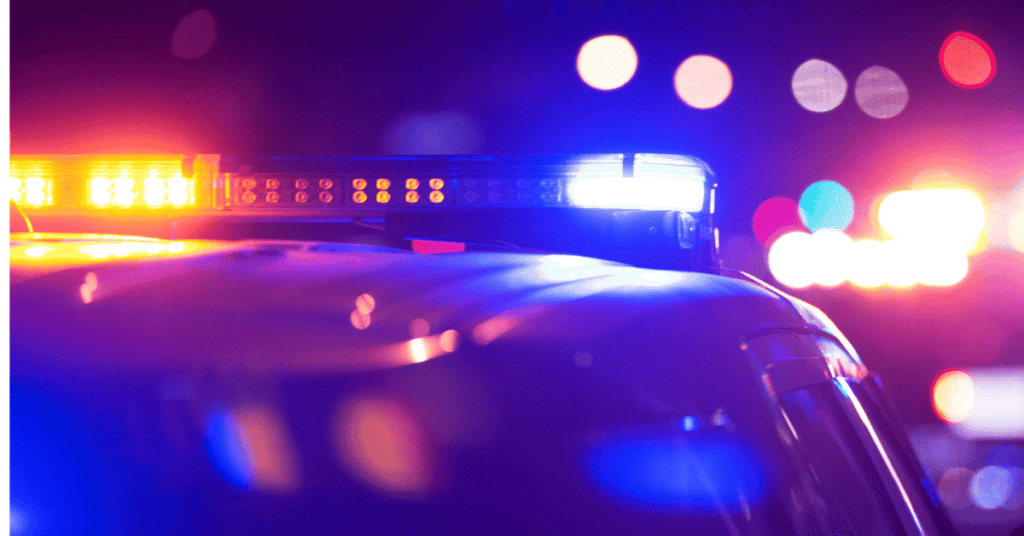Can a Lie Detector Test Uncover a Terrorist or Terrorist Plans?
In an era of escalating global tensions, the role of polygraphs in thwarting terrorist activities is scrutinized. From its law enforcement origins to aiding US counterintelligence, the question arises: Can lie detectors truly identify terrorists or their plans? As technology advances, especially with AI like the "AVATAR" system, the future of polygraph science in national security is evolving.

